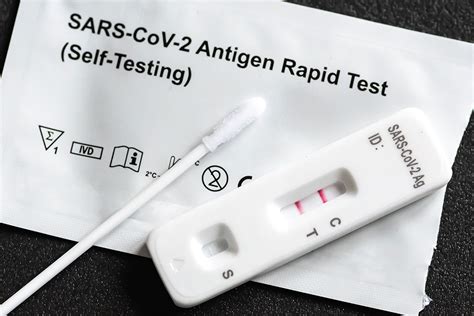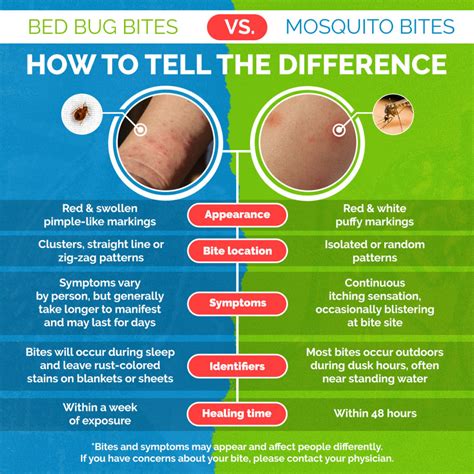HIV, or human immunodeficiency virus, is a virus that targets the immune system and weakens people’s defense systems against infections and some types of cancer. Today, with proper medical care, HIV is a manageable condition. But without treatment, HIV can lead to AIDS (acquired immunodeficiency syndrome), which is a life-threatening condition.

1. What is HIV?
HIV is a virus that attacks the body’s immune system. The virus destroys white blood cells called CD4 cells, which are vital in fighting off infections. As the number of CD4 cells decreases, the body becomes weaker and more vulnerable to other infections, leading to AIDS.
Globally, an estimated 38.4 million people are living with HIV, and 1.5 million people died from AIDS-related illnesses in 2021. Despite significant progress in developing treatments and prevention strategies, HIV remains a major public health concern.
2. How is HIV transmitted?
HIV is primarily transmitted through unprotected sexual contact with an infected person. It can also be transmitted through sharing contaminated needles or other sharp objects, from mother to child during pregnancy, childbirth, or breastfeeding, and through blood transfusions or organ transplants.
3. What are the symptoms of HIV?
The symptoms of HIV can vary depending on the stage of the infection. Early symptoms may include fever, chills, muscle aches, fatigue, sore throat, and swollen lymph nodes. As the infection progresses, more severe symptoms may develop, such as weight loss, chronic diarrhea, opportunistic infections, and certain types of cancer.
4. How is HIV diagnosed?
HIV is diagnosed through a simple blood test that detects the presence of HIV antibodies. Antibody tests are highly accurate and can detect HIV infection within a few weeks of exposure to the virus.
5. How is HIV treated?
HIV is treated with antiretroviral therapy (ART), a combination of medications that suppress the virus and prevent it from replicating. ART can significantly improve the health and life expectancy of people with HIV. With effective treatment, people with HIV can live long, healthy lives.
6. Can HIV be cured?
Currently, there is no cure for HIV, but treatments can suppress the virus and prevent it from causing AIDS. With early diagnosis and effective treatment, people with HIV can live healthy and fulfilling lives.
7. How can HIV be prevented?
HIV can be prevented through:
- Using condoms during sex
- Not sharing needles or other sharp objects
- Getting tested for HIV and knowing your status
- Taking pre-exposure prophylaxis (PrEP) if you are at high risk of HIV infection
- Getting vaccinated against hepatitis B and HPV
8. FAQs about HIV
- Can you get HIV from kissing? No, HIV is not transmitted through saliva.
- Can you get HIV from sharing food or drinks? No, HIV is not transmitted through food or drinks.
- Can you get HIV from a mosquito bite? No, HIV is not transmitted through mosquito bites.
- Can you get HIV from sharing a toilet seat? No, HIV is not transmitted through toilet seats.
- Can you get HIV from touching someone with HIV? No, HIV is not transmitted through casual contact.
- Can you get HIV from donating blood? No, blood banks screen donated blood for HIV and other infections.
Conclusion
HIV is a serious infection, but it is no longer a death sentence. With proper medical care, people with HIV can live long, healthy lives. Early diagnosis and treatment are crucial for preventing HIV-related complications and improving the quality of life for people with HIV.
















